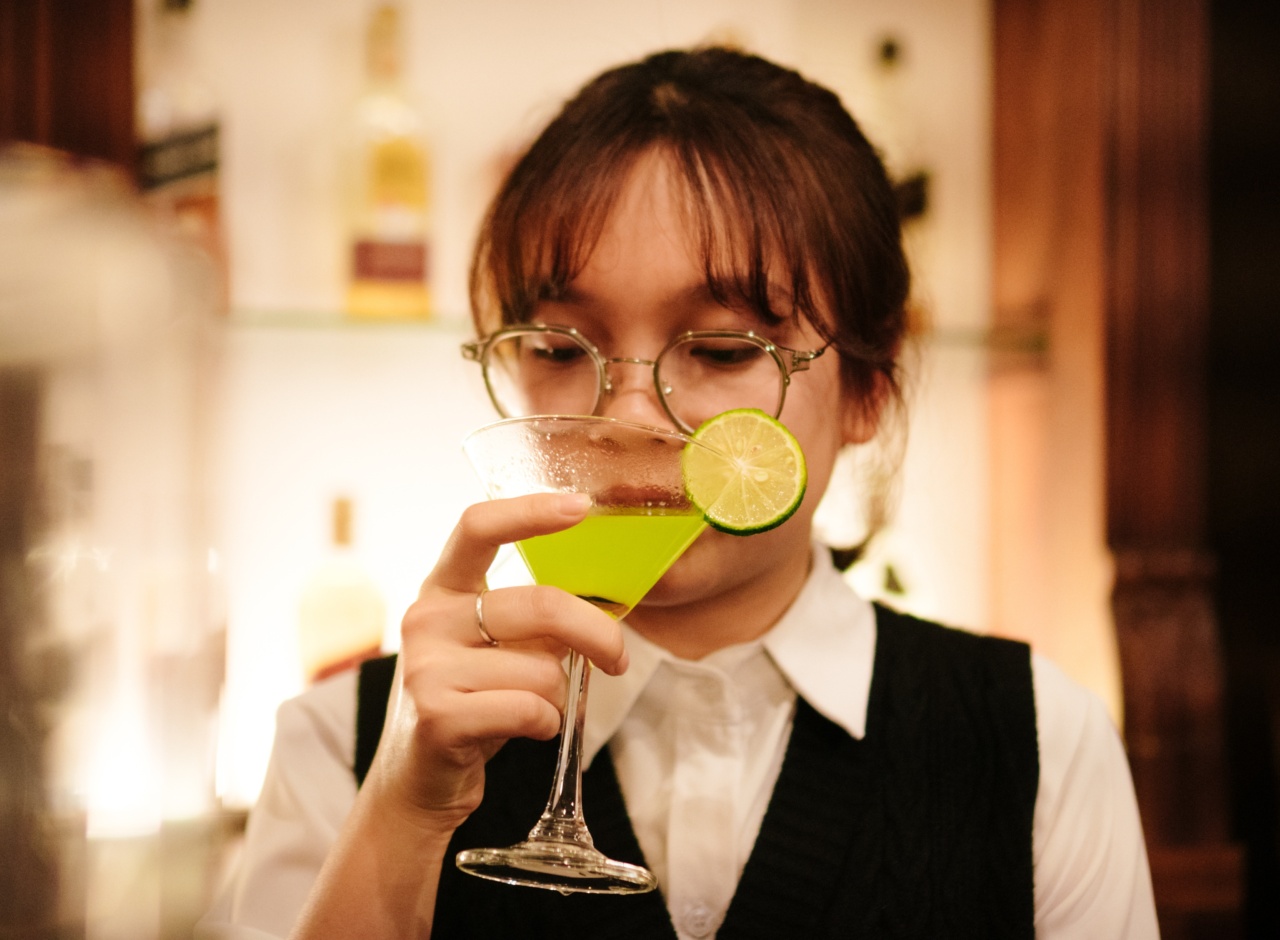Drinking alcohol is fun but they say, too much of a good thing can be bad for you. Alcohol dependency can cause serious health problems like high blood pressure, liver diseases, and even mental health issues.
Fortunately, there are several ways you can reduce your alcohol intake without giving up on booze altogether. Here are 30 ways to help you manage and reduce your alcohol consumption:.
1. Try alcohol-free drinks
If you love the taste of drinks but don’t want the alcohol, try alcohol-free options like beer, gin, and mixed drinks. They are a great way to be social and enjoy yourself without getting drunk.
2. Keep track of your alcohol intake
Keep a record of how much alcohol you’ve consumed in a day, week, or month. This will help you understand your drinking habits and identify triggers that lead to drinking more than you should.
3. Set limits on your drinking
Set a limit on how much you’re going to drink before you start so you know when to stop. It could be three drinks or just one – whatever your limit is, stick to it.
4. Drink water between alcoholic drinks
One of the simplest ways to reduce your alcohol intake is to drink water between alcoholic drinks. This will help you stay hydrated and limit your drinking to a reasonable level.
5. Eat a healthy meal before drinking
If you’re planning on drinking, make sure to eat a healthy meal beforehand. Eating a meal with high protein helps slow down the absorption of alcohol in your system.
6. Avoid drinking on an empty stomach
Drinking on an empty stomach is a bad idea. Alcohol is absorbed more rapidly when your stomach is empty, which means you’ll get drunk quicker.
7. Try pacing yourself when drinking
If you want to cut back on alcohol, try pacing yourself when drinking. Drinking slower and taking breaks between sips can help you stay in control of your drinking.
8. Avoid hard liquor
Hard liquor contains more alcohol than beer or wine, so try to avoid them if you’re trying to reduce your alcohol intake.
9. Use smaller glasses
If you’re drinking wine or beer, use smaller glasses to reduce the amount of alcohol you consume in a single serving.
10. Avoid drinking at home alone
Drinking alone at home can be habit-forming. Avoid drinking alone and limit your alcohol consumption when you’re by yourself.
11. Socialize without alcohol
Socializing without drinking can be fun. Look for activities that do not involve alcohol such as going to the movies, playing board games, or visiting a museum.
12. Alternate with non-alcoholic beverages
If you’re out drinking with friends, try alternating alcoholic drinks with water or soda to reduce your overall alcohol intake.
13. Practice mindful drinking
Drink mindfully by paying attention to the taste, aroma and body of your drink. Savoring your drink can help you enjoy it more and reduce your overall alcohol consumption.
14. Don’t drink to relieve stress
Alcohol isn’t a good way to cope with stress. Find other ways to reduce stress like going for a walk, taking a yoga class or having a relaxing bath.
15. Don’t drink when you’re tired
Drinking alcohol when you’re tired can make you feel more tired and it’s also easier to get intoxicated when you’re tired.
16. Avoid drinking when you have work the next day
Drinking before work is not recommended. The risk of intoxication and hangover the next day is high, which can affect your performance and productivity at work.
17. Find a sober buddy
Find a friend or family member who isn’t a drinker or someone who is supportive of your efforts to reduce your alcohol intake.
18. Keep busy with activities
The more engaged you are in your daily activities, the less time you’ll have to think about drinking alcohol. Join clubs, play sports, volunteer or pick up a hobby to keep you occupied.
19. Avoid alcohol when you’re feeling emotional
Alcohol is not a good way of dealing with emotions. Avoid drinking when you’re feeling emotional or upset and find healthier ways to cope like talking to a friend or family member.
20. Visualize your success
Visualize yourself sticking to your plan and reducing your alcohol intake. This can help you focus on your goals and keep you motivated.
21. Find support groups
There are several support groups that can help you overcome alcoholism such as Alcoholics Anonymous. Find local support groups in your area and reach out for help.
22. Set realistic goals
Set realistic goals before reducing your alcohol intake. Don’t be too hard on yourself if you slip up once or twice as long as you’re committed to your goals.
23. Celebrate milestones
Celebrate your milestones as you reach your goals. Treat yourself to something you enjoy that isn’t alcoholic.
24. Avoid triggers
Avoid situations or people that trigger you to drink more alcohol than you intended. Know your limits and stick with them.
25. Learn to say no
It can be hard to say no to your friends when they’re drinking but staying true to your goals is important. Learn how to say no to offers of alcohol or suggest other activities you can do instead.
26. Try a new hobby
Trying a new hobby can be fun and can also help you take your mind off drinking alcohol.
27. Get enough sleep
Getting enough sleep is important for your overall health and can also help reduce your alcohol intake. When you’re tired, you’re more likely to drink more alcohol than you intend.
28. Be accountable
Find someone to hold you accountable for your drinking habits. This could be a friend or family member who can help encourage you to stick to your goals.
29. Relax and de-stress
Alcohol is often used as a stress reducer but it’s much more beneficial to find other ways to relax and de-stress like yoga, meditation, or breathing exercises.
30. Remember why you’re cutting back on alcohol.
Lastly, remember why you’re cutting back on alcohol. Keep your goals in mind and stay focused on the benefits of reducing your alcohol intake. You’ll feel better, look better and be healthier!.






























